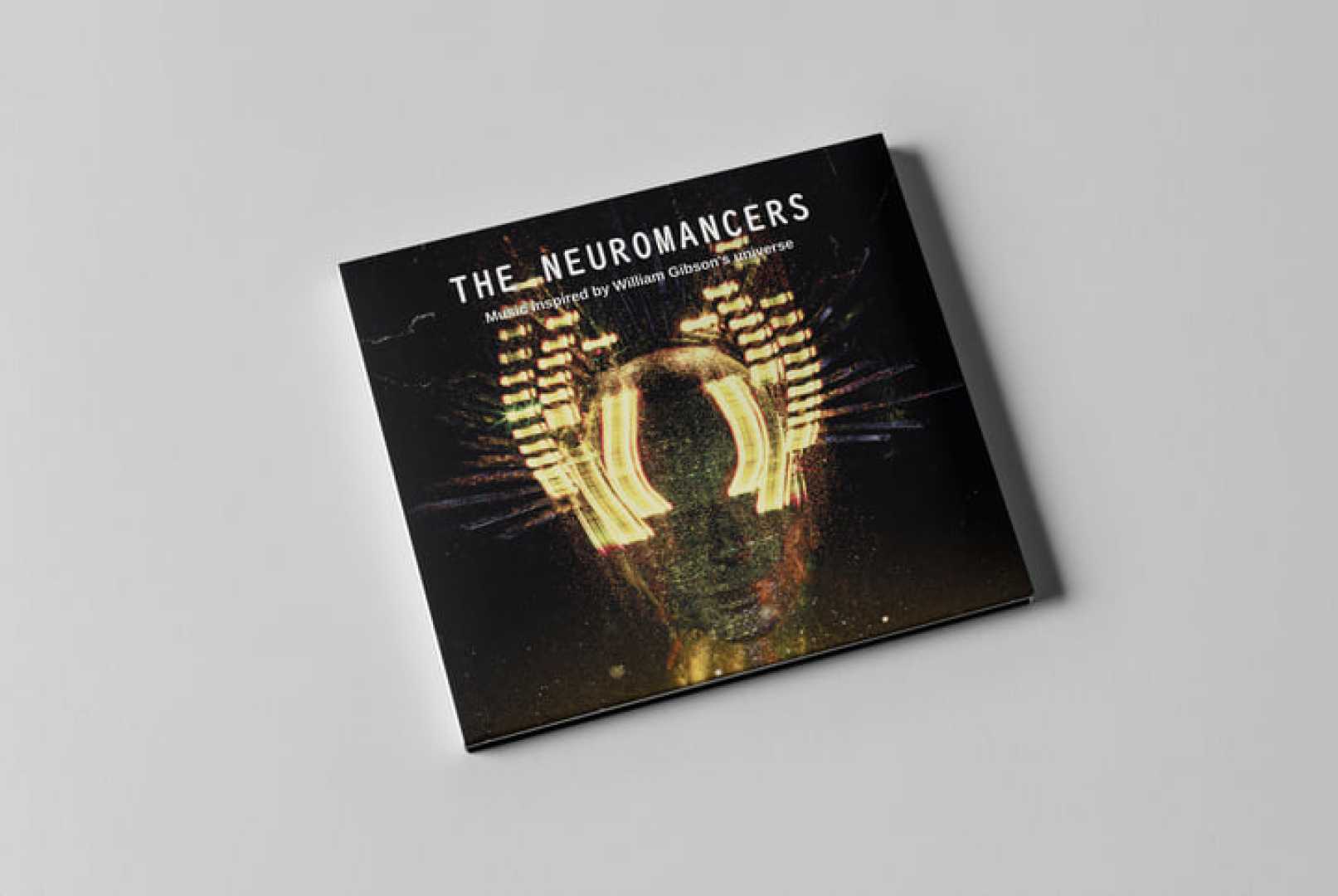Entertainment
Exploring Dystopia: New Albums Inspired by Neuromancer

LOS ANGELES, CA – Two new albums draw inspiration from William Gibson’s seminal 1984 novel, “Neuromancer,” exploring its dystopian themes in innovative soundscapes. Black Rain‘s “Neuromancer” and Clipping‘s “Dead Sky Channel” reinterpret the novel’s haunting setting as the book marks its 40th anniversary.
Released to coincide with the anniversary, Black Rain’s “Neuromancer” reworks post-industrial soundscapes first created for the 1994 audiobook, read by Gibson himself. Clipping’s “Dead Sky Channel,” named after the novel’s opening line, taps into the same dystopian dread that permeates Gibson’s work. Both albums illustrate the novel’s enduring significance and its influence on contemporary music.
“Gibson’s first sentence is now so familiar that it barely registers,” says Ken Hollings in his review for The Wire, reflecting on how the line about the sky being “the color of television, tuned to a dead channel” has become a cultural touchstone. The sound of both albums embodies the alienation and disconnection present in the world Gibson created.
Black Rain offers listeners a literal soundtrack with tracks that reference key elements of the book, including the AI entity Wintermute and the crucial “three notes high and pure.” Their compositions are characterized by heavy metallic reverb coupled with deep bass and relentless percussion that evoke a haunting atmosphere.
“Electronics run this world; anything even remotely natural exists solely as runoff,” Hollings writes, capturing the essence of Black Rain’s approach. The album’s soundscape seems to reflect the detritus of a society overwhelmed by technology.
In contrast, Clipping’s “Dead Sky Channel” presents a frenetic, collage-like experience. The album, which features rapper Daveed Diggs, is a rapid-fire assault of data streams and disjointed beats. Tracks like “Mirror Shades” and “Polaroids” offer commentary infused with cyberpunk imagery, while “Mood Organ” references the emotional regulator from Philip K. Dick’s “Do Androids Dream of Electric Sheep?”
“For all its urgency, the album exudes a sense of muted nostalgia,” Hollings observes. Despite the chaos, there’s an underlying exploration of humanity’s edges—a reflection of the predatory but human aspects in the lyrics Diggs delivers.
With producers William Hutson and Jonathan Snipes at the helm, Clipping’s sound combines acid beats and techno samples with an experimental edge. However, the disjointed nature of the music can create confusion, leading listeners into a labyrinth of references that mirror the fragmented timelines often depicted in science fiction.
Hollings critiques this lack of narrative continuity, emphasizing that science fiction often reveals more about its time than the future it attempts to portray. “Cyberpunk today looks like a tech billionaire in a Dark MAGA hat wielding a chainsaw,” he states, indicating a shift in how dystopian themes resonate in contemporary culture.
As these two albums delve into the rich tapestry woven by Gibson’s “Neuromancer,” they serve as a reminder of the novel’s lasting impact and the evolving narrative of dystopia in our lives today.












